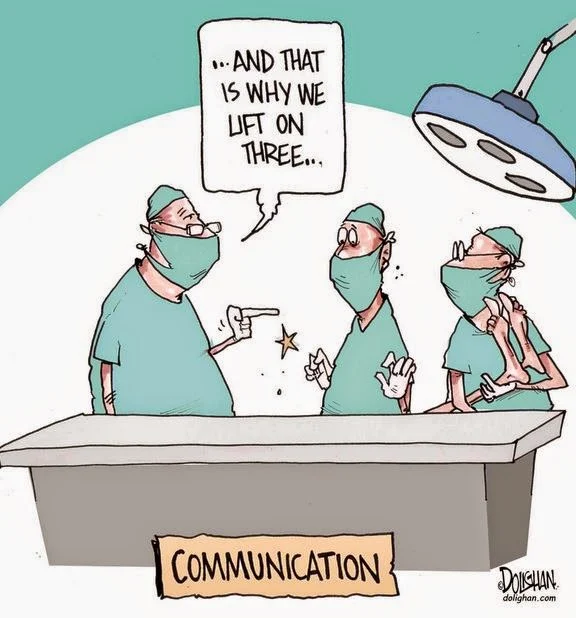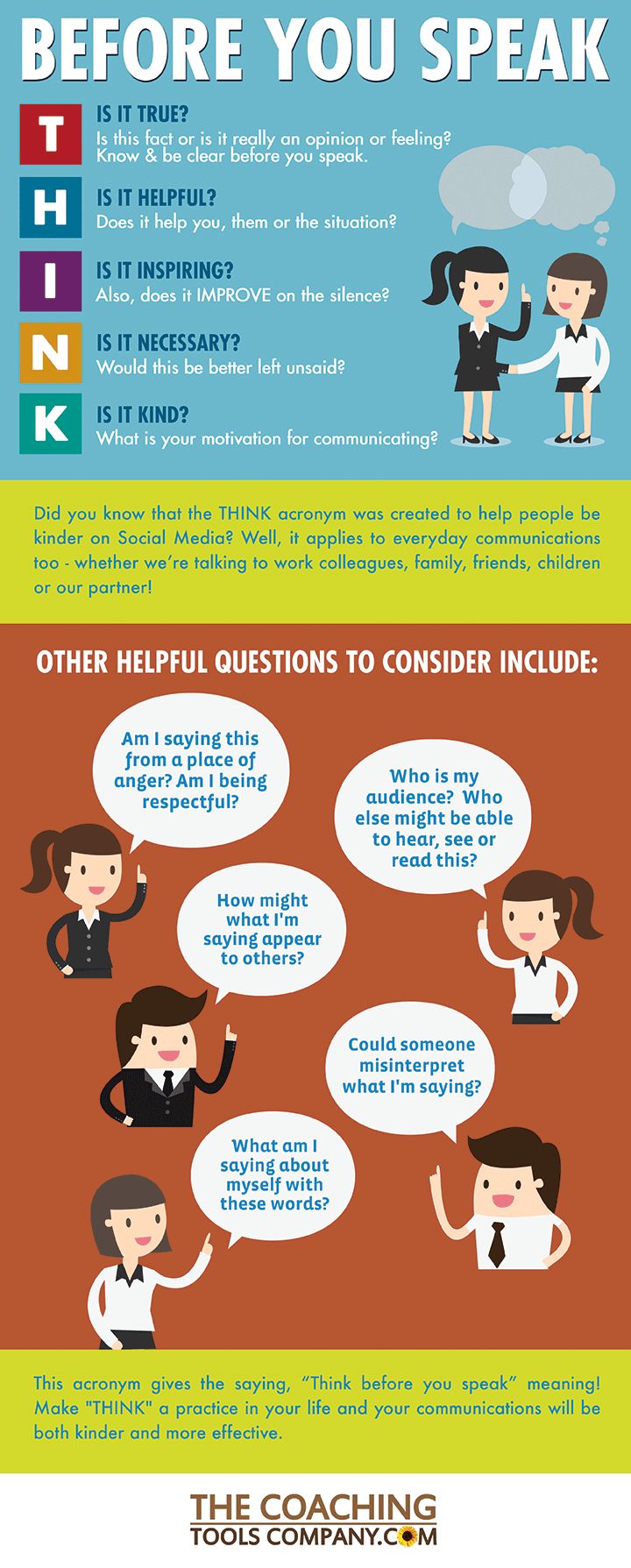The Architecture of Spectacle: A Multidisciplinary Analysis of the Psychology, Sociology, and Ontological Impact of Reality Television


@jorgebscomm for @empowervmedia*
FACT CHECKED ✅
Effective communication is often seen as a professional skill or a social nicety. However, recent research reveals a deeper truth: communication skills have a profound impact on our physical and mental well-being. This article explores the science behind the mind-body connection, highlighting how strong communication skills can positively influence our overall health and happiness.
 |
| (📷 justintarte) |
Stress is a natural response to challenging situations. When we experience stress, our bodies release hormones like cortisol, which can elevate heart rate, blood pressure, and muscle tension. Chronic stress, however, can lead to a cascade of negative health consequences, including increased risk of heart disease, stroke, and anxiety disorders.
Research suggests that social isolation and poor communication skills can exacerbate stress responses. When we struggle to express ourselves clearly or feel disconnected from others, the stress response persists, leading to physical and mental health problems.
Strong communication skills offer a powerful defence against chronic stress and its associated health risks. Here's how:
• Reduced Stress Levels: The ability to express our needs and emotions effectively can help us navigate challenging situations more constructively, lowering stress hormones and promoting relaxation.
• Enhanced Social Support: Effective communication fosters stronger relationships, providing a vital support network that buffers stress and promotes overall well-being.
• Improved Healthcare Outcomes: Clear communication with and within healthcare providers leads to better understanding of medical conditions, improved adherence to treatment plans, and ultimately, better health outcomes.
 |
| (📷 elementsofic) |
Effective communication doesn't just benefit our physical health; it also plays a crucial role in maintaining good mental health. Here are some key benefits:
• Reduced Anxiety and Depression: Being able to express ourselves openly and listen actively to others can help us process difficult emotions, reducing anxiety and feelings of isolation that contribute to depression.
• Increased Self-Esteem: Effective communication allows us to assert our needs and opinions with confidence, fostering a sense of self-worth and improved self-esteem.
• Stronger Relationships: Building strong social connections is essential for mental well-being. Communication skills empower us to build positive and supportive relationships, providing a sense of belonging and reducing loneliness.
The good news is that communication skills can be learned and improved with practice. Here are some evidence-based strategies to enhance your communication skills:
• Practice Active Listening: Pay close attention to both verbal and nonverbal cues when others communicate, demonstrating empathy and understanding.
• Express Yourself Clearly and Concisely: Gather your thoughts, organise your message, and avoid ambiguity in your communication.
• Practice "I" Statements: Take ownership of your feelings and avoid accusatory language when addressing disagreements or expressing needs.
• Develop Assertiveness Skills: Learn to express yourself confidently and respectfully, while also acknowledging the needs of others.
• Seek Feedback: Ask trusted friends, colleagues, or mentors for constructive feedback on your communication style and actively work on areas for improvement.
Effective communication is more than just words. Nonverbal communication, including body language, facial expressions, and tone of voice, also plays a significant role. Being mindful of your nonverbal cues and ensuring they align with your verbal message can enhance communication effectiveness.
 |
| Effective communication is more than just words. (📷 bloggbuzz) |
Communication skills are not just about getting your point across; they are essential tools for building strong relationships, managing stress, and promoting overall well-being. By investing in developing effective communication skills, you can improve your physical and mental health, leading to a happier and healthier life.
*AI assisted.
Comments